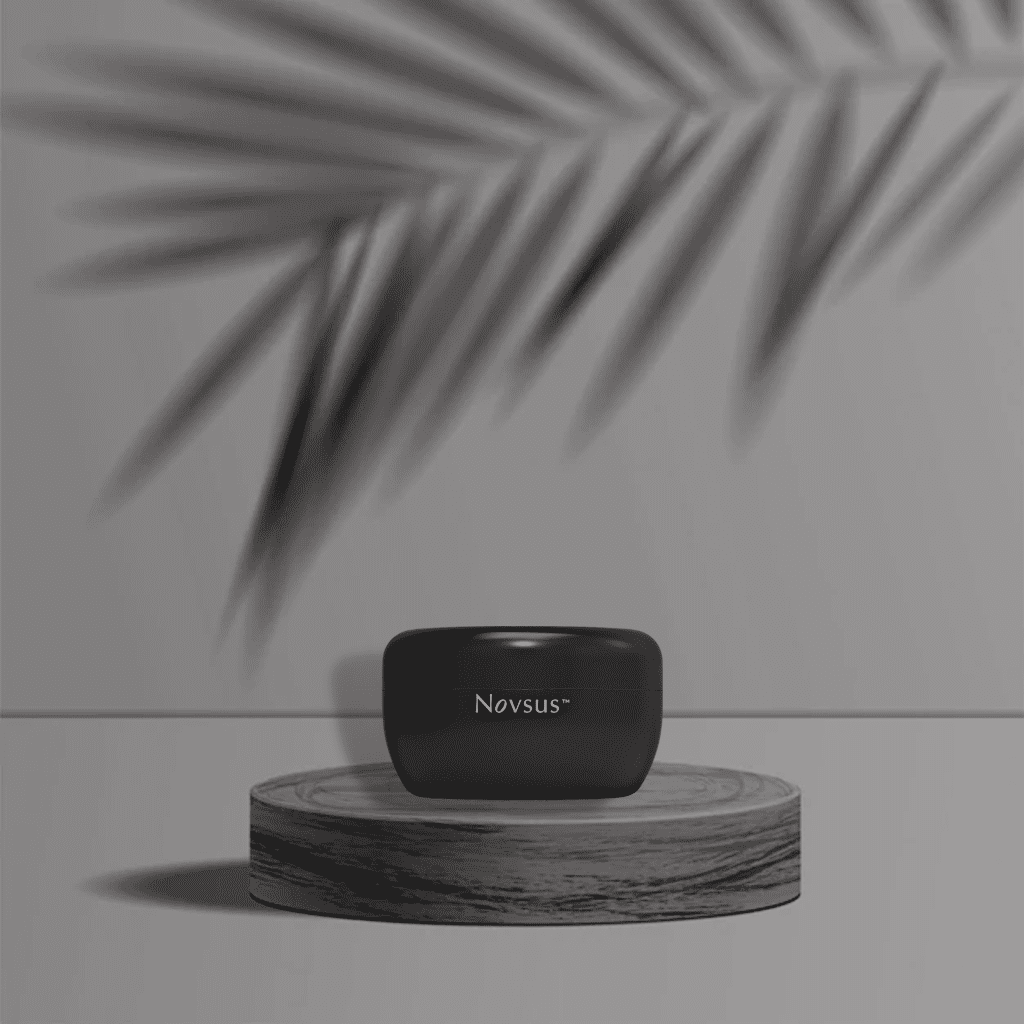Sustainable labels are gaining popularity and importance every day as consumers become more aware of the environmental impact their purchases have.
We tell you everything you need to know about these labels, some types there are, and what to know before including them in your products.
What are sustainable labels?
Sustainable labels provide information about the environmental characteristics of a product or service. These labels can help consumers make more sustainable purchasing decisions.
Sustainable labels are used to communicate a wide range of environmental information. For example, a sustainable label may indicate that a product is made from recycled materials or comes from a sustainable environment.
These labels can also inform about the low amount of energy or water used in the product’s production or that it is manufactured in a company that runs exclusively on renewable energy.
By providing information about the environmental impact of products, sustainable labels can help consumers make more informed purchasing decisions.
What types of sustainable labels exist?
There are three main types of sustainable labels:
Certification labels
These sustainable labels are awarded by an independent organization that certifies that a product or service meets certain environmental criteria, such as the use of recycled materials, or the reduction of energy consumption. An example of a sustainable certification label would be the European Union eco-label.
Declaration Labels
These labels provide information about the environmental characteristics of a product or service but are not certified by an independent organization. An example of a sustainable declaration label would be those that indicate “Fair Trade”.
Self-proclamation labels
These sustainable labels are used by companies to claim that their products or services are sustainable but they are not verified by an independent organization. Most of these include terms such as “green”, “eco-friendly” or “sustainable”.
Certification labels are the most reliable since they are awarded by an independent organization that has evaluated the product or service to ensure that it meets established environmental criteria.
Likewise, it is crucial to note that self-proclaimed labels can be misleading and are not verified by an independent organization and are, therefore, closely related to greenwashing. Consumers should research companies’ sustainability claims before making a purchasing decision.
For their part, companies must also take this issue into account when considering working with new partners. Make sure that what they proclaim on their sustainable labels corresponds to reality.
What you should ask before trying to get sustainable labels
Before trying to win sustainable labels, it’s important to ask yourself a few questions to guarantee the process is right for your business.
Do you want to reduce your environmental impact? Do you want to improve your reputation or attract new clients?
- The certification process can be complex and expensive. Therefore, it will be important that you carefully review the certification criteria if you want to obtain it.
- In return, these labels can help you improve your reputation and attract new environmentally conscious customers.
Once you have considered these questions, you can start researching the different sustainable labels available in your country.
But, above all, the most important thing when it comes to obtaining a fair and deserved sustainable label is to evaluate the environmental impact of the product we are selling. It will help you identify areas where you can improve your sustainability.
Once you have identified areas for improvement, create an action plan to address and improve them. It is vital to document your sustainability efforts so you can demonstrate them to the organization that grants the label.
Collaborating with other companies that work to be more sustainable can help you learn and grow with the right partners.
As you see, with good planning and effort, you can get sustainable labels for your company.
Work with sustainable partners and avoid Greenwashing.
The most important thing is that both your company and your partners are 100% committed to the environment so that nothing clouds the effort to achieve sustainable labels.
We must find partners who avoid greenwashing tactics because they can be counterproductive when they come to light, as they will damage your company’s reputation. Losing consumer trust can be a risk, especially for small businesses.
Therefore, we recommend not quickly believing claims the companies make about themselves and, instead, researching their production methods.
Novsus can be your best ally by offering you detailed information about each step in the production process of sustainable cosmetics packaging for your brand.
Do not hesitate to contact us to resolve all your questions.



